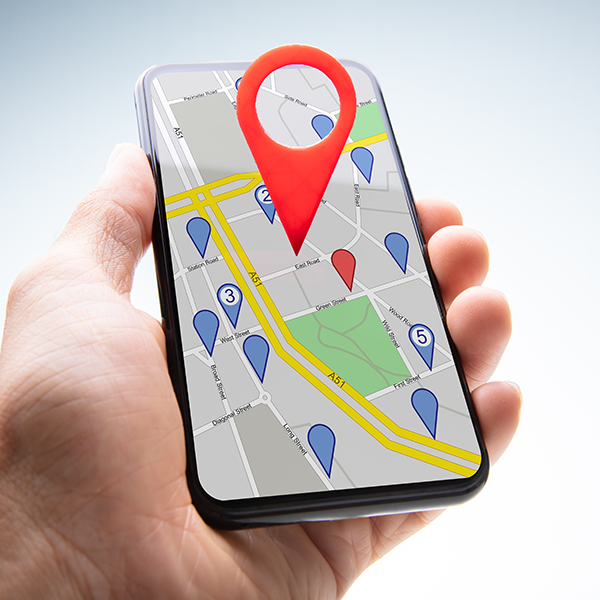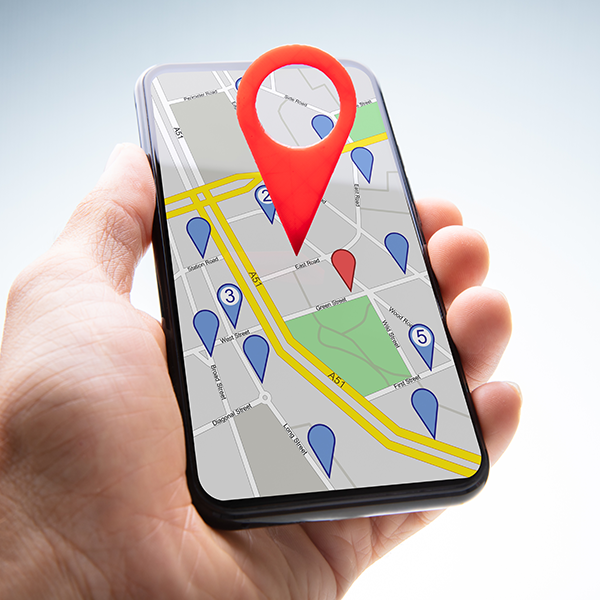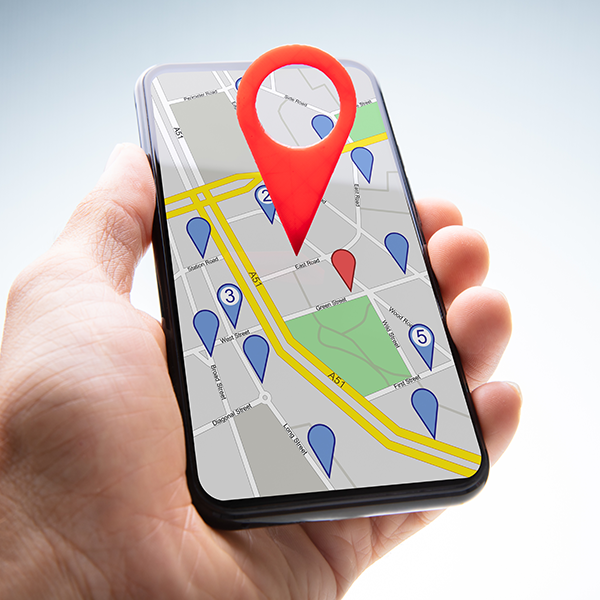Why Mobile? Why Now?

By Kelly Meeneghan Peters, 1&1 Internet
Perhaps the real question is: Why haven't you done it sooner? According to Neilsen, the U.S. has reached a major milestone as adults are now spending more time on the Internet via smartphones rather than computers. The research found that while browsers and apps on smartphones are used an average of 34 hours and 17 minutes per month, computers are used for the same tasks only 27 hours and 3 minutes. This shift occurred last year as smartphone use jumped nearly 10 hours from 2012.
Not only is smartphone use rising, it's surging, and business owners who have not yet incorporated a mobile optimized website should jump at the chance to keep up with consumer demands.
Those in disbelief should take a minute to reflect on their own personal behaviors - smartphones have become a staple in our daily routines. With the convenience of researching between meetings, while traveling, or even before purchasing in a store, we are turning to mobile phones more than any other device.

Furthermore, Neilsen separated "mobile shoppers" by smartphone and tablet to better identify the difference in use preferences. The findings showed that users rely on smartphones to find stores, check prices and use mobile coupons. Research of a product or service and reading reviews before purchases seems to be best conducted on a tablet device.
Many business owners do not fully understand the significance of such research. They consider their website to be sufficient and assume it is displayed similarly on smartphones. However, they do not realize that differences in screen sizes and resolutions between the mobile devices and computers can result in negative visitor experiences. Without optimizing a website for mobile, the site can become visually unappealing with distorted images, altered formatting and flawed functionality. When site visitors encounter such incidents, it encourages them to look elsewhere and abandon the website. Often times, this delivers sales to competitors.
Many tools are on the market - from taking an existing website and automatically converting for mobile, to creating an entirely new mobile site from scratch. The choice is dependent on the professional's preference and resources. Either way, a mobile-optimized website should become part of the overall business plan in order to cater towards consumer demands and behaviors.
Kelly Meeneghan Peters is a manager for 1&1 Internet, Inc. (www.1and1.com), a global leader among Web hosts. The company provides businesses with the tools necessary to be successful online. Most recently, 1&1 is one of the pioneers for the new top-level domains as well as WordPress optimized Web hosting.

Subscribe to Our Newsletter!
Latest in Mobile Marketing










